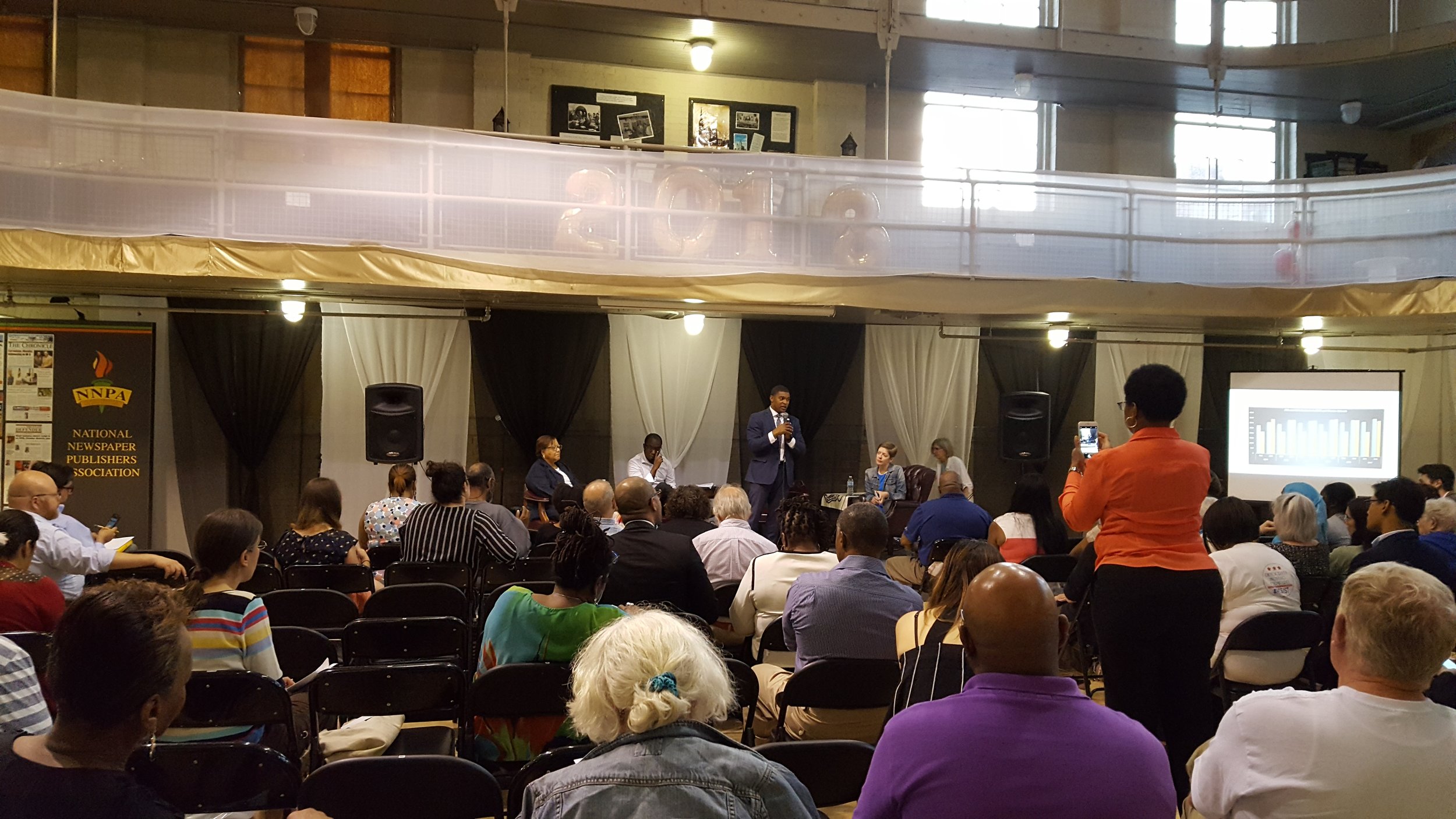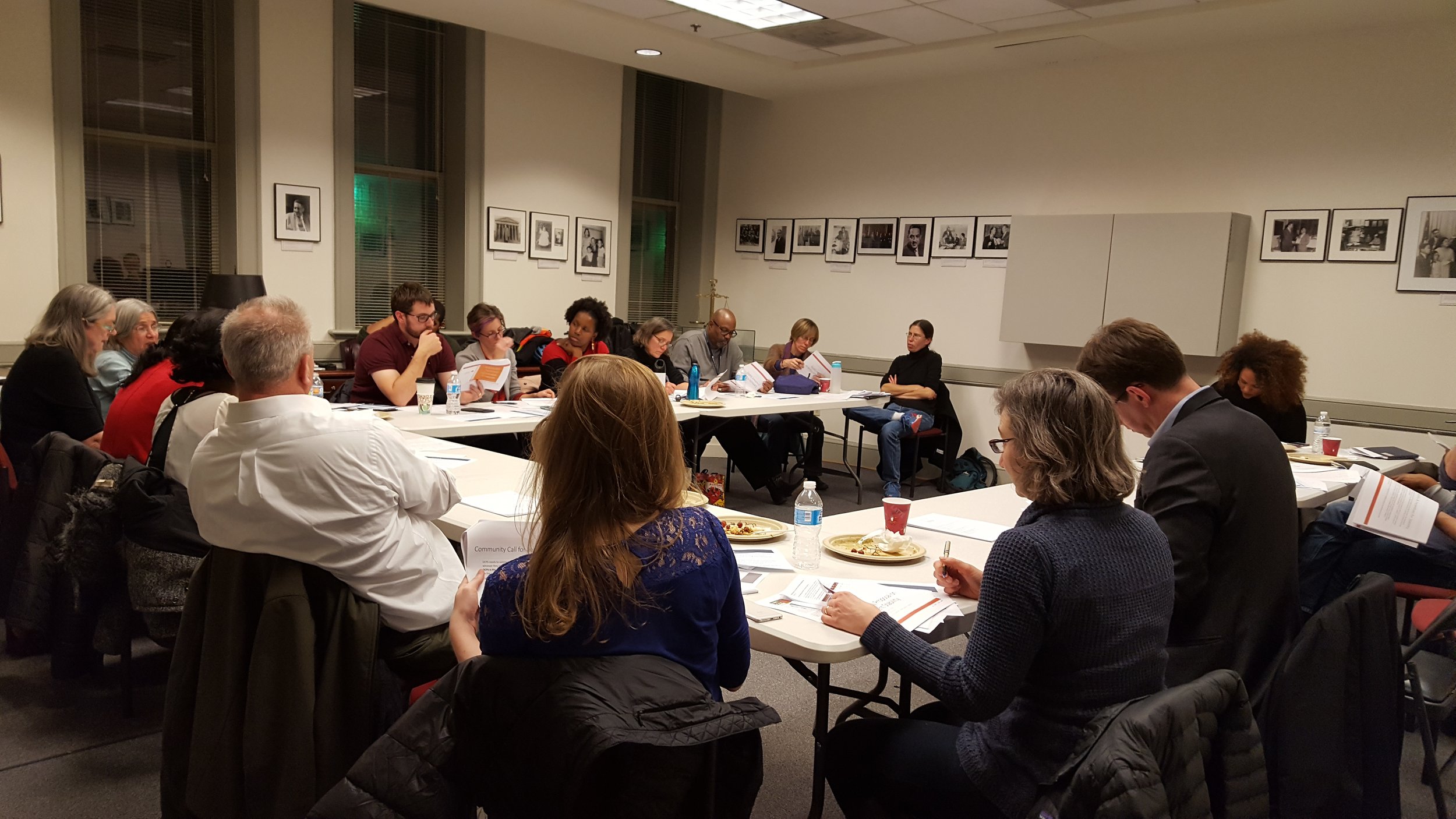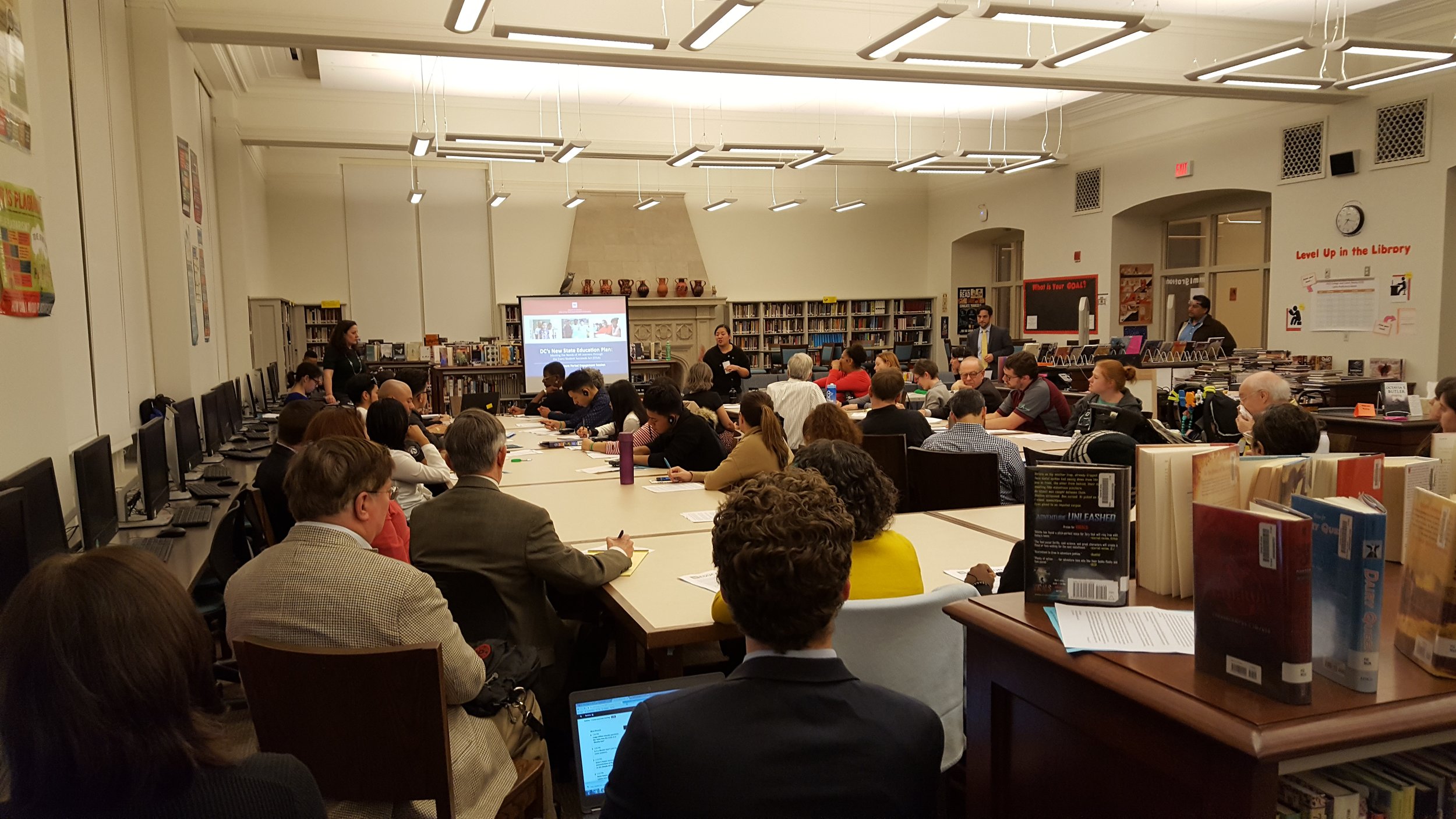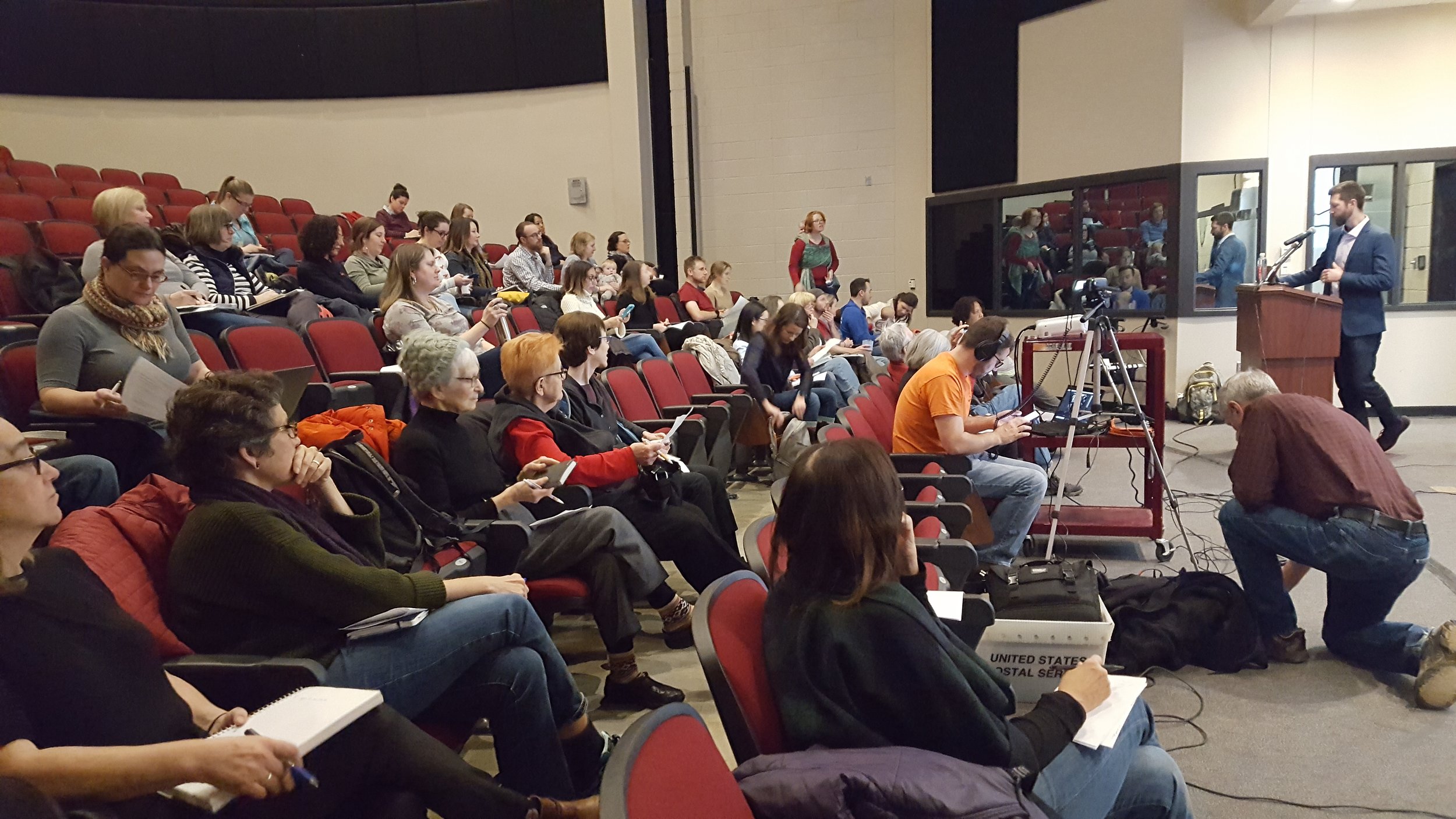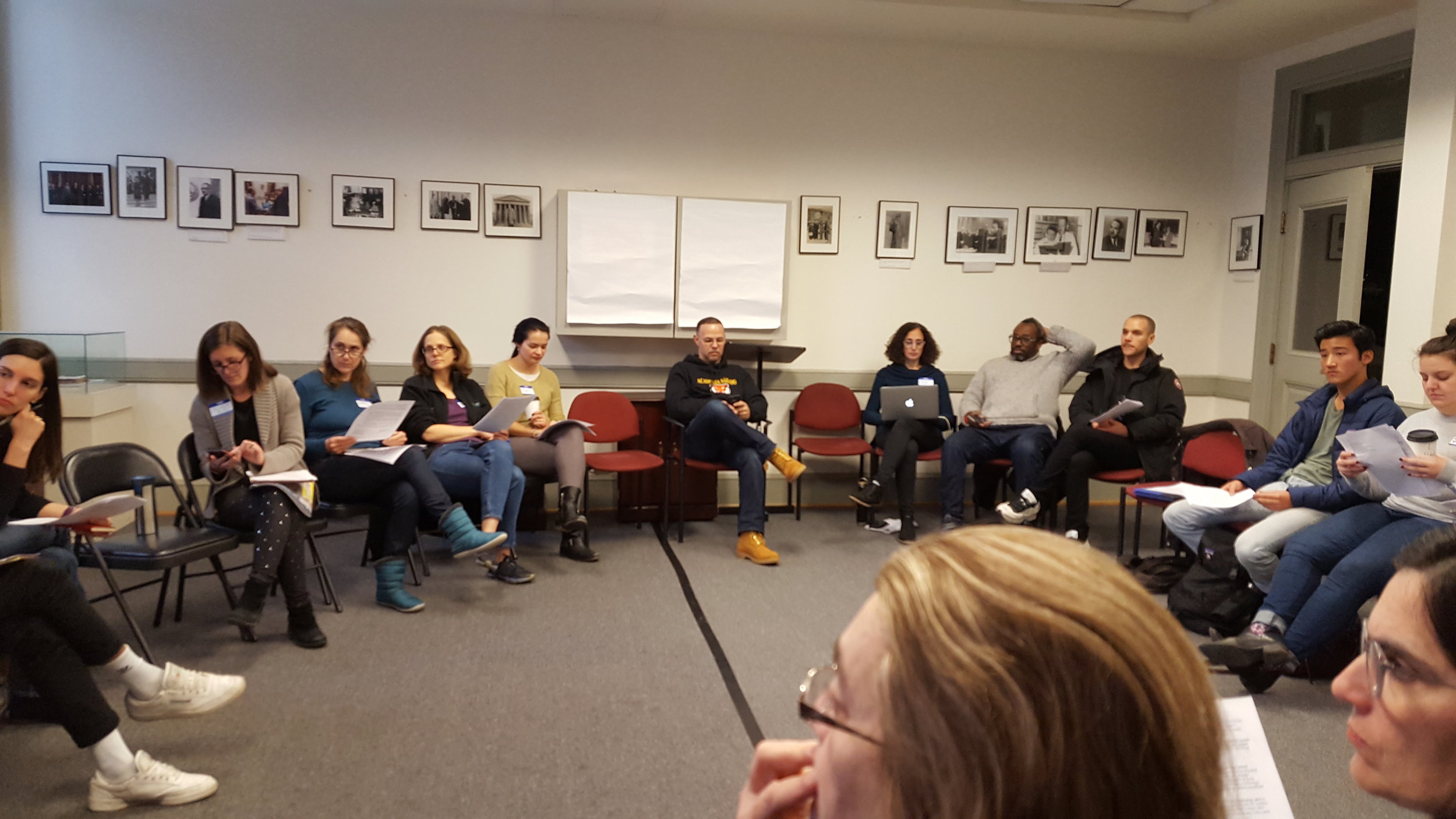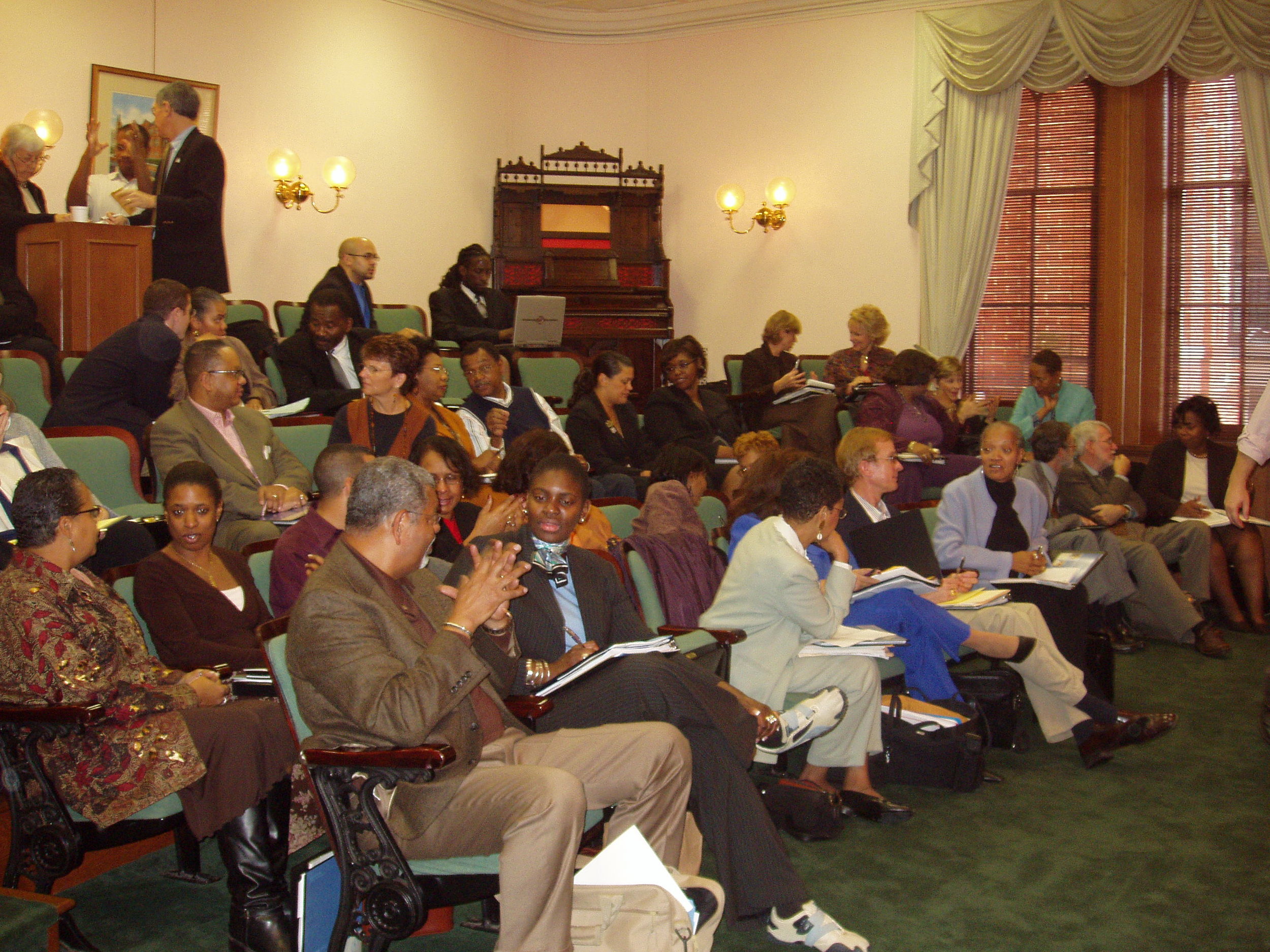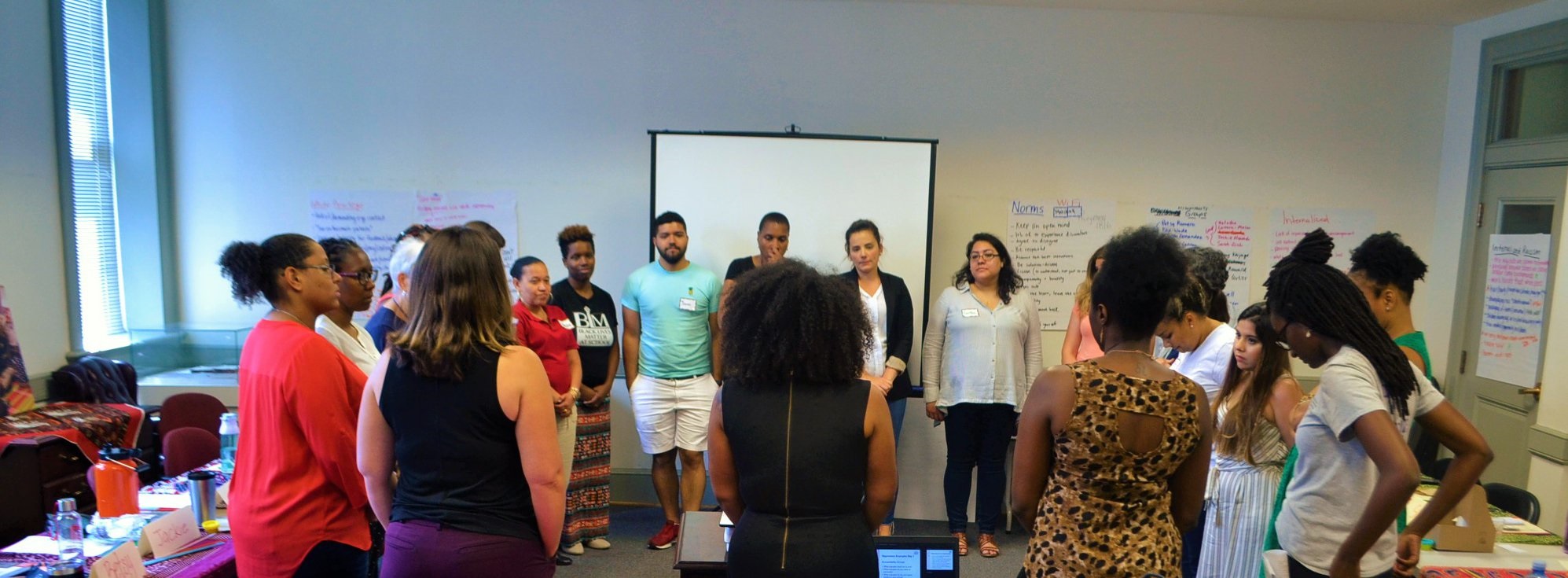DC Council Budget Oversight Hearing for FY23 - Cathy Reilly
/We are a rich city, we are so fortunate and this is a huge budget to ensure gets spent in the best way.
The executive has control and responsibility for the DCPS schools. Choice in the DC education landscape is a compliment to the DCPS neighborhood schools of right. This has been stated verbally and in writing by the DME
In this context we would hope to see an Operating and Capital Plan that reflected the importance of investing in and maintaining the DCPS core system of quality neighborhood schools along with the DCPS options. This requires planning and engagement that looks at decisions through a number of different lenses. This is articulated here from C4DC.
Read More